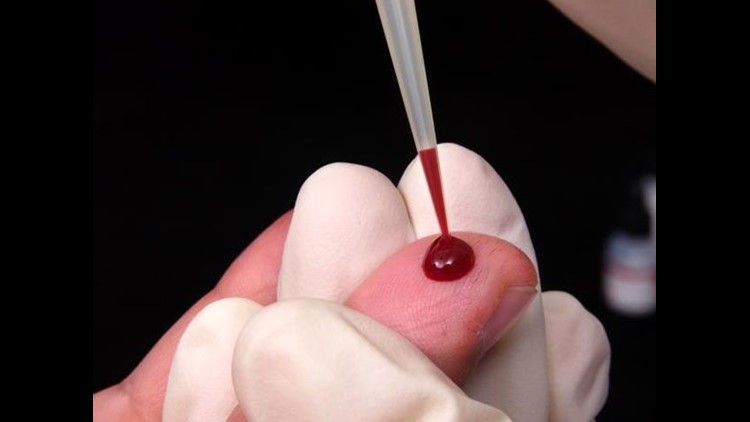WASHINGTON (AP) — Federal health officials are lifting the nation’s 32-year-old lifetime ban on blood donations from gay and bisexual men, but major restrictions will remain on who can donate.
Related: What really happens to the blood you donate
Medical groups and gay activists have long said the ban could no longer be justified, based on modern testing methods. The Food and Drug Administration said Monday, December 21, 2015, that the change is “backed by sound science and continues to protect our blood supply.”
“In reviewing our policies to help reduce the risk of HIV transmission through blood products, we rigorously examined several alternative options, including individual risk assessment,” said Peter Marks, M.D., Ph.D., deputy director of the FDA’s Center for Biologics Evaluation and Research. “Ultimately, the 12-month deferral window is supported by the best available scientific evidence, at this point in time, relevant to the U.S. population. We will continue to actively conduct research in this area and further revise our policies as new data emerge.”
Officials are replacing the blanket ban with a policy barring donations from men who have had sex with another man in the previous year. While the policy has been criticized by activists, the FDA stance is in line that of other countries, including Australia and the U.K.
The lifetime ban was put in place during the early AIDS crisis.



